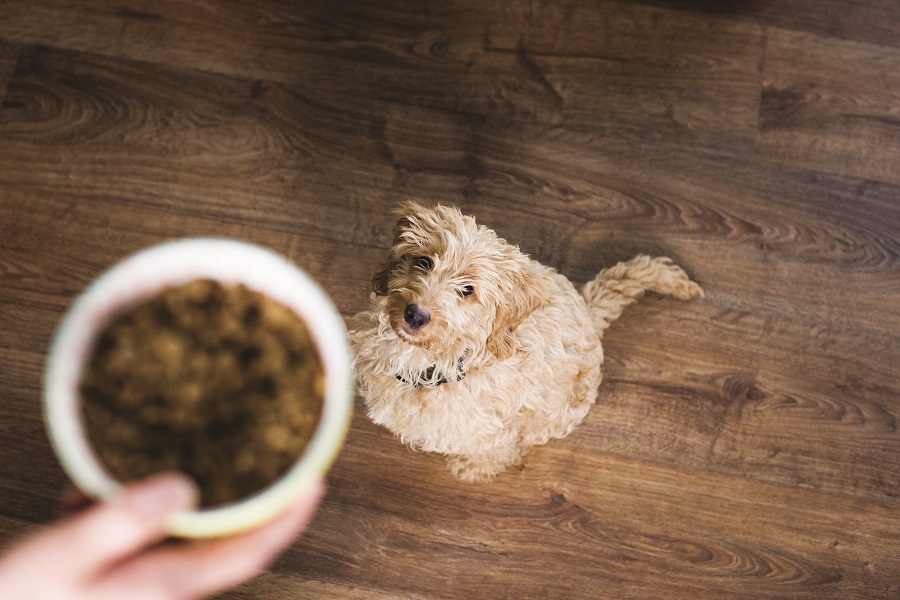They get digestive problems just like we do but can’t tell us what’s wrong. Pet nutritionist Vicky Bassett has some tips on how to keep them healthy
Like humans, dogs are likely to suffer from some form of stomach upset now and then. But how can you tell if your pet simply has a temporary bout of illness or whether it is something more serious? Vicky Bassett, pictured, a nutritional adviser at the respected pet food company Burns, knows all about sensitive digestion in dogs. ‘From vomiting and diarrhoea to excessive drooling, flatulence and bloody stools – the symptoms of dodgy digestion are unpleasant, and it can be difficult to determine what’s caused them,’ she says.
‘You should first visit a vet to rule out underlying medical causes such as infections, parasites, or other conditions like gastritis, colitis and pancreatitis. If there is no medical problem then it’s likely your dog has a sensitive stomach, which can be triggered by a number of things. To help, here are a few steps to take.'

Stop the scavenging
‘Eating table scraps and snapping up things they shouldn’t while on walks can all contribute to stomach problems. Puppies’ stomachs are especially sensitive so, unsurprisingly, the most common age we see for digestive issues in dogs is between six months and a year old.’
Make sure you aren’t overfeeding
‘Overfeeding can lead to a build-up of waste in the body, putting more demands on the digestive system and reducing its efficiency, which can result in loose stools, abdominal discomfort and swelling. Make sure you feed your pet the correct amount and remember that treats and dental chews count as food.’
Use high-quality food
‘Their food might be too high in fat or protein – which can be difficult to digest – or lacking in fibre, vitamins or minerals. Artificial preservatives, colours or additives can also cause reactions in dogs.’
Consider allergies
‘If you’ve ruled out all of the above your dog might have a food intolerance or allergy. You can try an elimination diet to identify the culprit but for most pet owners this isn’t practical. Many pet foods don’t state their exact ingredients on their labels – they might list ‘poultry’ without specifying whether it is chicken, turkey or duck. Try a pet food that has a short, clear ingredients list with just one meat ingredient to limit exposure to possible triggers.’
Check ingredients
‘If you’ve been feeding your dog the same diet for a while but they’ve suddenly developed an issue the ingredients in the food could have changed. Look for food with a fixed, simple recipe that won’t vary between batches.’ Digestive issues are some of the most commonly reported problems in dogs but luckily; they can be treated through correct nutrition.

For information on what causes sensitive digestion and suggested recipes to treat it, visit burnspet.co.uk/sensitive-digestion-dogs. If you would like personalised advice for your pet from a nutritionist, give the free Burns Nutrition helpline a call on 0800 083 66 96








